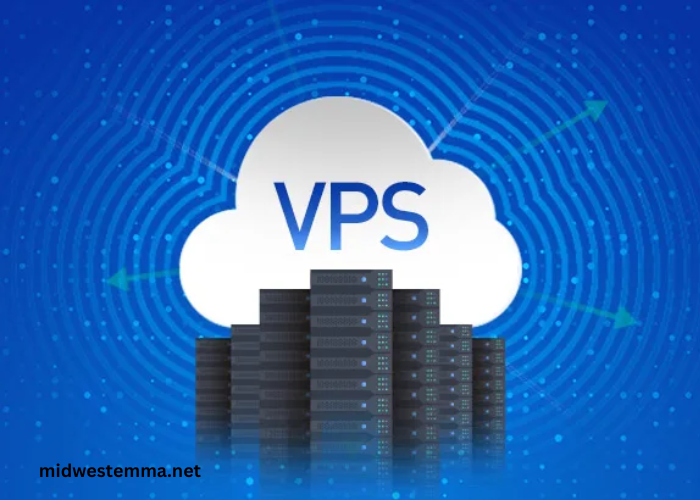In today’s digital age, having a robust online presence is essential for businesses and individuals alike. To establish and maintain a successful website, you need a reliable hosting solution. One such solution is a Virtual Private Server (VPS) server. But what exactly is a VPS server, and how can it benefit your website?
A VPS server is a virtualized server environment that mimics a dedicated server but is partitioned into multiple virtual servers. Each virtual server operates independently, with its own operating system, resources, and configuration settings. This means that you get the performance and control of a dedicated server, but at a fraction of the cost.
Understanding The Benefits of a VPS Server
Now that we know what a VPS server is, let’s explore the many benefits it offers to your website.
Scalability: One of the key advantages of a VPS server is its scalability. With a VPS server, you have the flexibility to easily upgrade or downgrade your resources as your website’s needs change. This scalability ensures that your website can handle fluctuations in traffic and provides a seamless user experience.
Performance: Another significant benefit of a VPS server is its enhanced performance. Unlike shared hosting, where multiple websites share the same resources, a VPS server guarantees dedicated resources for your website. This means faster page load times, improved server response, and the ability to handle high traffic volumes without compromising performance.
Customization: A VPS server offers greater control and customization options. You have root access to your virtual server, allowing you to install and configure software as per your specific requirements. This level of control empowers you to optimize your website’s performance, security, and functionality, giving you a competitive edge in the online landscape.
How a VPS server works
To understand how a VPS server works, let’s delve into its underlying technology. A VPS server utilizes virtualization software to create isolated virtual environments on a physical server. This software, also known as a hypervisor, allocates dedicated resources to each virtual server, ensuring that they operate independently.
Each virtual server within a VPS server setup has its own operating system, such as Linux or Windows. This separation ensures that any changes or issues within one virtual server do not affect the others. Furthermore, the hypervisor manages the distribution of resources, such as CPU, RAM, and disk space, among the virtual servers based on their individual needs.
When a user accesses your website hosted on a VPS server, their request is routed to the appropriate virtual server. The virtual server processes the request and sends the corresponding response back to the user. This entire process happens seamlessly and quickly, ensuring a smooth browsing experience for your website visitors.
Key Features of a VPS Server
Now that we have a good understanding of what a VPS server is and how it functions, let’s explore some of its key features. One important feature is the ability to customize your server environment. With a VPS server, you have full control over the operating system, software installations, and configurations. This enables you to tailor the server to meet your website’s specific needs.
Another crucial feature of a VPS server is its dedicated resources. Unlike shared hosting, where resources are shared among multiple websites, a VPS server guarantees that the allocated resources are solely dedicated to your website. This ensures optimal performance and reliability, even during peak traffic periods.
Also, a VPS server offers improved security measures. Since each virtual server is isolated from the others, any vulnerabilities or security breaches in one virtual server do not affect the others. This isolation provides an added layer of protection for your website and sensitive data.
Choosing The Right VPS Server for Your Website
Now that you understand the benefits and features of a VPS server, it’s important to choose the right one for your website. There are several factors to consider when selecting a VPS server provider. First, assess your website’s resource requirements, such as CPU, RAM, and storage. Ensure that the VPS server plan you choose can accommodate your website’s needs and allows for scalability.
Next, evaluate the provider’s reliability and uptime guarantee. A VPS server should offer high availability, ensuring that your website remains accessible to users at all times. Look for providers that offer robust infrastructure, redundant network connections, and proactive monitoring to minimize downtime.
Consider the level of technical support provided by the VPS server provider. Choose a provider that offers 24/7 support and assistance in case of any issues or queries. This ensures that you have the necessary support to keep your website running smoothly.
Conclusion
In conclusion, a VPS server can greatly benefit your website by providing scalability, enhanced performance, and greater control. With its dedicated resources and customization options, a VPS server ensures optimal website performance and flexibility. However, it’s important to carefully consider your website’s needs, choose the right VPS server provider, and implement proper security measures. By doing so, you can leverage the power of a VPS server to take your website to new heights of success.






